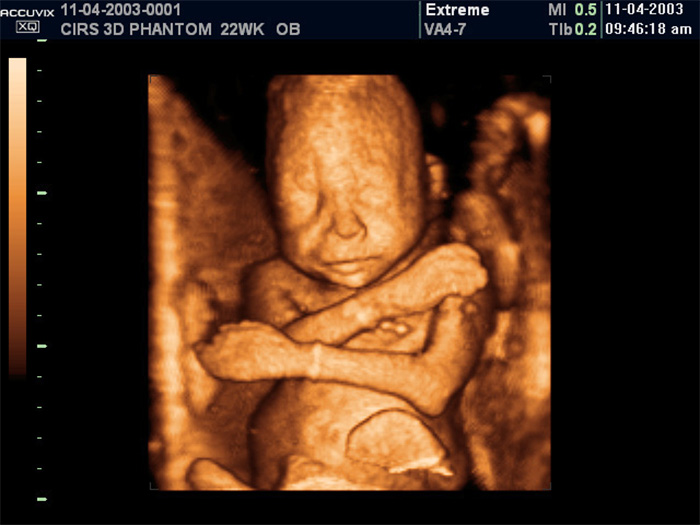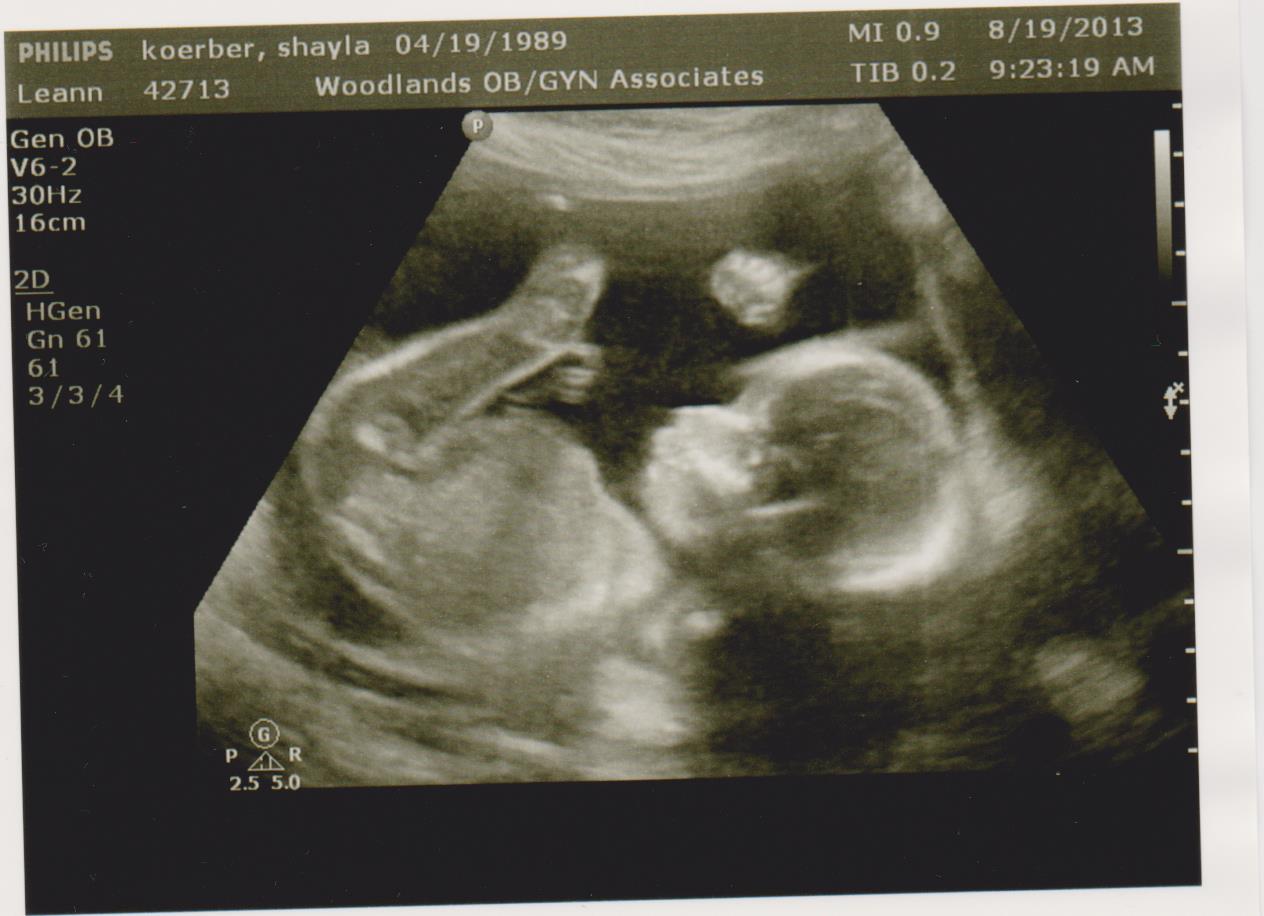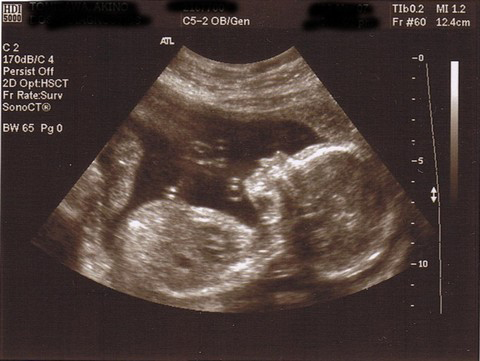
#20 week ultrasound 4d skin#
During pregnancy, use sunscreen to prevent the spots from getting darker and to protect your skin from sunburn. This is called the “mask of pregnancy." These spots will lighten and disappear after pregnancy.

Keep your heart rate below 140 beats per minute so you do not overheat.
.jpg)
Limit high-intensity exercise to 10 to 15 minutes and moderate exercise to 20 to 30 minutes. Some sports, such as scuba diving, horseback riding, downhill skiing, gymnastics, and water skiing, are not a good idea. Brisk walking, easy jogging, low-impact aerobics, water aerobics, and yoga are good choices.Pace yourself, and do a little more every day. If you did not exercise much before pregnancy, start slowly.Decide which worries are really small, and try to let them go. List your fears about having a baby and becoming a parent.Learn relaxation techniques at prenatal or yoga class.Take a walk, listen to music, or take a warm bath.

Taking 10- to 15-minute breaks can make a big difference. Avoid these people or situations as much as possible. Figure out who or what causes your stress.Ask for help with cooking and housekeeping.How can you care for yourself at home? Reduce stress It’s also a good idea to know your test results and keep a list of the medicines you take. Be sure to make and go to all appointments, and call your doctor if you are having problems. Talk to your doctor about what type and how much exercise to do at each stage of your pregnancy.įollow-up care is a key part of your treatment and safety. Most women can exercise right up to delivery. Exercise is also great for sleeping well, fighting constipation, and preparing you for labor and delivery. It can also give you energy and help you stay at your best weight. This care sheet provides stress reduction techniques that can help you during pregnancy and in the years to come.Įxercise is one way to reduce stress. You can learn to cope with any anxiety and stress you feel. And you are thinking about giving birth, the health of your baby, and becoming a parent. In order to provide you with a wonderful experience, please click here to see some general guidelines.Īs your pregnancy moves along, it is common to worry or feel anxious. The ultrasound is safe and uses sound waves to create an image of the baby. At that time, we will be checking the baby's development. You will also be having an ultrasound around 18 to 20 weeks in the radiology department. As the baby grows, these movements will become stronger. At first, these small fetal movements feel like fluttering or “butterflies.” Some women say that they feel like gas bubbles. Sometime between 18 and 22 weeks, you will start to feel your baby move. Hair is also beginning to grow on your baby's head. Your baby is now able to pass urine, and your baby's first stool (meconium) is starting to collect in its intestines. This is the cord that carries blood and food from you to your baby. You may also notice some changes in your skin, such as itchy spots on your palms or acne on your face.ĭuring weeks 16 to 20, your umbilical cord grows and gets thicker. You will start to "show," so that you look pregnant to people around you.

Around your 18th week, your baby will be about 8 inches long and weigh about 8 ounces.


 0 kommentar(er)
0 kommentar(er)
